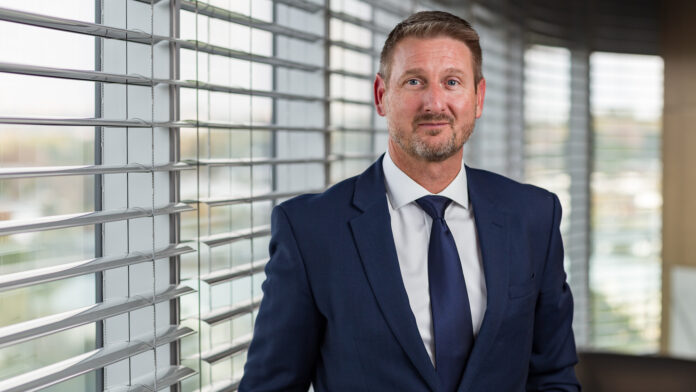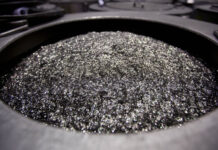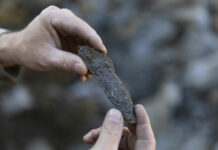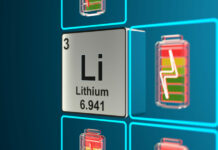
CHINA dominates huge portions of the mining supply chain for electric batteries. In copper, for instance, a key element for all electric vehicles (EVs), it controls less than 10% of mining production. But coupled with refining capacity, that relatively modest market share increases to 50%, according to data collected by the Financial Times.
In lithium, another crucial ingredient in battery manufacture, China controls 10% of the metal’s production but 65% of the total supply chain when refining capacity is added. For other, equally important minerals such as rare earths, the dominance is almost total.
In graphite, a mineral required to make anodes in batteries (copper and cobalt are used in cathodes), China controls 65% of primary mining output and 90% of processing capacity.
Omniscience like this gives China pricing control. “When I look at the benchmark prices for … lithium or graphite, they are way below the actual cost curve,” says Hanré Rossouw, CEO of NextSource Materials, a Toronto-listed business which has former Xstrata boss Mick Davis as its chair. “China artificially creates barriers to entry to the raw material value chain. They subsidise their industries because they’ve got the ability to do that.”
It is not known if US president-elect Donald Trump will follow through with threats to impose 100%-200% levies on Chinese EVs, but for places such as Europe at least, non-Chinese suppliers of critical minerals and components are likely to attract a premium for production. This is the space in which Rossouw hopes NextSource can operate.
‘Xstrata of battery metals’
South Africa is also a possible destination for a facility. Before the elections this year, Davis passed the country over as an unattractive destination, but Rossouw strikes a more hopeful tone.
“I believe we would be open to consider South Africa. If you look at the investment environment, it is changing significantly. We have a motor industry and it could be there are incentives to put up a battery facility. But one has to probably time these things at an appropriate pace.”
Shares in NextSource have struggled in the past 12 months, down about 56% at the time of writing. Rossouw says the firm’s performance tracks the Chinese graphite price. “It is a function of very low commodity prices and that actually makes access to capital difficult,” he says. One of the reasons Davis brought Rossouw in is his background in institutional investing.
“What’s important for us is that we can back it with a proposition that will raise capital but ultimately broaden our capital base to more institutional investors. That will enable our growth journey,” he says.
A version of this article first appeared in the Financial Mail.











